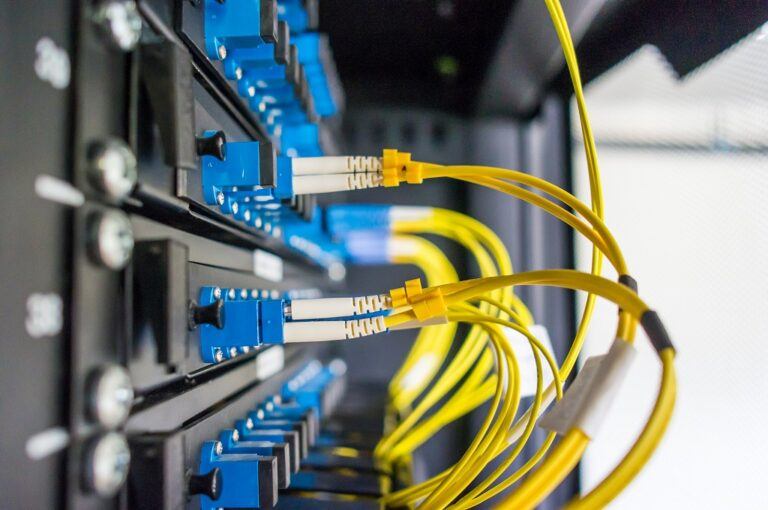Cryptocurrency mining hardware manufacturer Bitmain has recently claimed to have less than 4% of Bitcoin’s hashrate in a blog post that aims to improve its transparency, to create a more “fair and transparent ecosystem.”
In the blog pot, the firm revealed it owns ASICs mining three algorithms. Its hashpower, per the post, is of 1,692 PH/s for SHA-256, 339,7 GH/s for Ethash, and 44.2 GH/s for Scrypt. While the company didn’t reveal which cryptos it mines, these algorithms are often associated with BTC, ETH, and XMR respectively.
If all of Bitmain’s SHA-256 hashrate were directed at BTC, the company would have less than 4% of the network’s current 45 EH/s. To various analysts this figure is off, as Bitmain’s mining pool subsidiaries reportedly control over 50% of the flagship cryptocurrency’s hashrate.
This control, however, may only mean Bitmain can dictate what block templates miners connected to a pool use. Bitmain’s 1,69 PH/s may also be partly directed at Bitcoin Cash (BCH), given that the company’s CEO Jihan Wu is a known BCH proponent.
BITMAIN claims they only control ~3% of total SHA256 hashing power. They have absolutely no shame in bullshitting us do they. https://t.co/pHCwMD6wKm
— Cøbra (@CobraBitcoin) July 25, 2018
Improving Transparency
Bitmain’s post further adds measures the company is adopting to improve transparency and fairness in the cryptocurrency ecosystem. It claims it already restricts order quantities, ensuring a “first-paid-first-ship” fulfillment, while blocking IPs it suspects are hoarding ASICs.
As part of its measures, Bitmain will publish its hashrate data every 30 days, both disclosing algorithms “Bitmain is currently mining for itself and the total hashrate of Bitmain-owned hardware.”
Per the mining hardware manufacturer, it’ll implement a zero-tolerance policy against secret mining operations, meaning it claims to not use its own ASICs on cryptocurrencies before releasing them to the public as “Bitmain values transparency and fair competition.”
Notably, Bitmain has been accused of mining empty blocks for sinister purposes, including supporting a network congestion on the Bitcoin blockchain to help promote BCH. Addressing these concerns, the company wrote that empty blocks occur “because of issues in block propagation at the protocol level,” adding:
We are actively working towards mitigating these issues. However, should there occur any unusual or excessive rate of empty block mining by a mining pool owned by Bitmain, we will seek out the cause and disclose the reasons why.
It’s also set to disclose shipping and volume information, so users are aware of potential hashrate changes. The company’s transparency initiative is likely supported by its preparations to go public on the Hong Kong Stock Exchange (HKEX). Bitmain, valued at $12 billion in a funding round, is hoping to raise $1 billion through an IPO.
As CryptoGlobe covered, the company is also set on tripling the size of its Israeli development center, and to invest $50 million the IPO of Opera Browser, which recently introduced a mobile browser for Android devices with a built-in crypto wallet.









